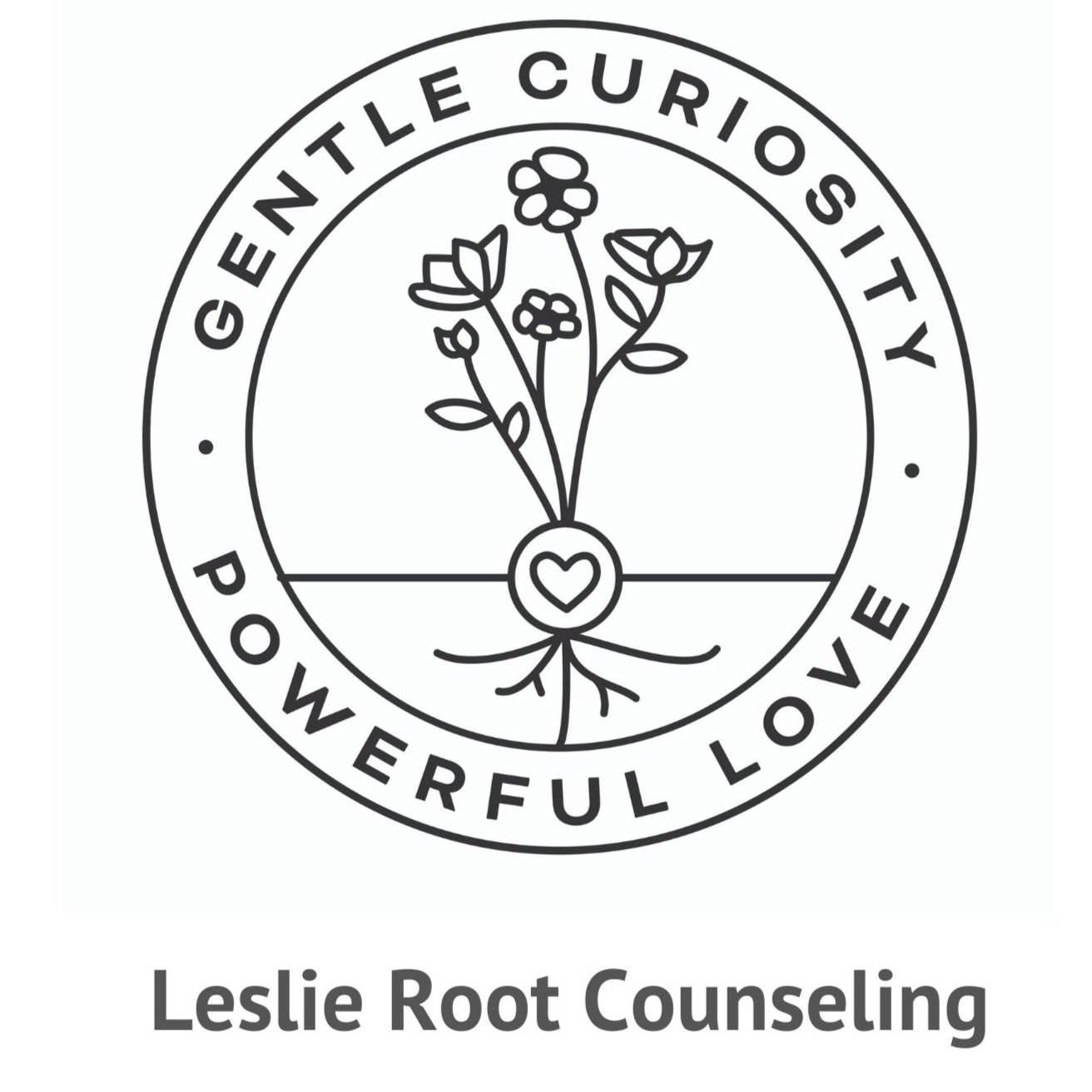Recovery from Love Addiction and Codependency
Without painful consequences for our dysfunctional behaviors recovery doesn’t usually occur. While we may want recovery generally speaking we have to be in enough pain to be wiling to do something about it. The first year of recovery is a dichotomy for many of us. It includes feelings of joy for being out of our addictive cycle, while at times, feeling worse.
1. Recovery is not a program of “I”.
a. The biggest mistake I see people make in early recovery is falling into the belief that they can do this alone. The truth is you can’t, and if you could, you would have by now. My clients are intelligent, successful people who have moved mountains in other areas in their lives, they have million dollar businesses, they do ironman’s, they create loving environments for their families while ignoring their own needs. If you could have fixed this by now you would have, and you do not have the answer to this problem. It is only through reaching out and engaging with others in recovery that we get release. Peace in recovery is not a solo act, the cravings show up, the desire to act out arises and your best tool is generally the telephone. Find 3 people who have what you want and start texting them, ask them to coffee, call them.
1. You never get “recovered”
a. When people come to me and say, “I’ve done my therapy” I want to wince. Similar to a personal trainer, if you stop exercising your body you lose your endurance and muscle. If you stop loving and working on yourself, you digress. Therapy done years ago, while helpful, does not equal a healthy emotional life in the present moment. Working a program means just that, you stay in touch with a power greater than yourself, and you know if you stop doing so that your life and relationships digress.
1. The problem always starts with addressing our own issues.
a. Many clients firmly believe the problem is with their partner. They will convince friends, family, lovers, and therapists that their partner is really the person to blame. The problem with this strategy is that it is not true. The problem always starts at home. You cannot change, mold or sculpt your partner into the person you believe you want them to be, even if you could you would still be unhappy. The real power is in our own changes, the problem does not reside with the world around us, it resides in our own inability to accept life on life’s terms.
1. If you are still struggling get a bigger problem.
a. This is arguably the best advice my sponsor ever gave me. My problems only seem large when I ask the wrong questions. Getting a bigger problem, generally for me means helping others, it is my ticket and your ticket to freedom. When we get stuck in our circular thinking, our happiness is gone. Getting into action provides us with an outlet to get us outside of ourselves and our obsessive thinking. It allows us to see the world differently and see how we might be of service to others.
